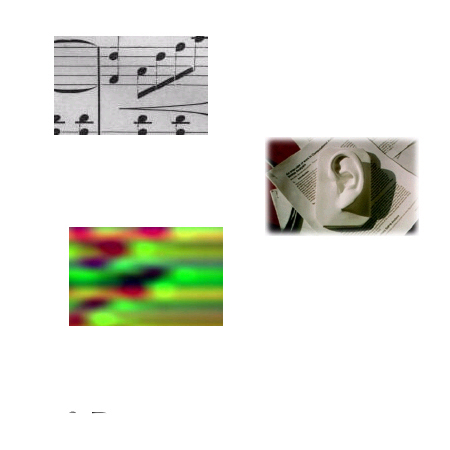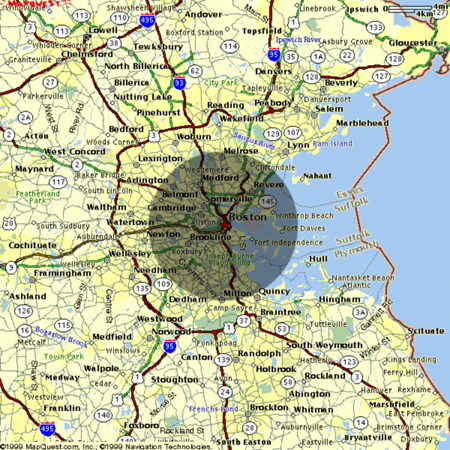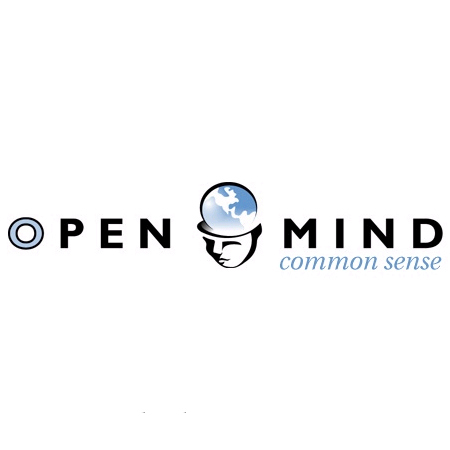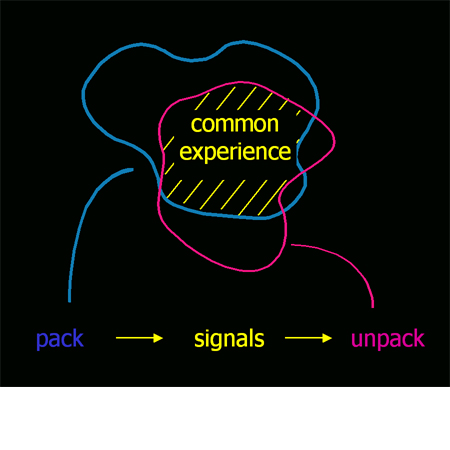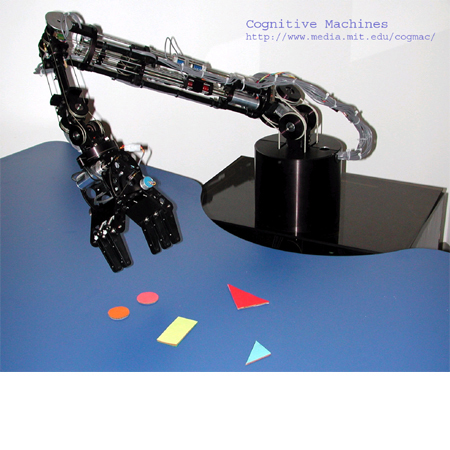
Communications of tomorrow will increasingly fall short of representing the human-to-human aspect of traditional lexical discourse and artistic statement. These communications have traditionally depended on shared experience and familiar social contexts in which an intended thought can be expressed.
Words and sentences, when used by people, transmit rich conceptual structures
from speaker (writer) to listener (reader). Human conceptual knowledge is complex and
multifaceted, shaped from infancy by interactions with people and the physical world.
Shared life experiences provide a common basis for us to communicate.
Prof. Deb Roy
When an idea is conveyed or a story told, the transmission consists of a structure
that represents the idea and an expressiobe perturbation that emphasizes ist most important
parts. A story may be told either in an expressionless way, or in a way that has the teller
clarifying the content through delivery.
Prof. Barry Vercoe
Only when a concept and its expression are put into a social context, do they actually take on meaning.
Thus, the transmission of a story must be considered within the context in whcih it is received.
Representation of context must be a function of a lexical discourse and the social
interactions within which it occurs.
Walter Bender
Teaching computers the stuff we already know: the Open Mind project is an attempt
to make computers smarter by making it easy and fun for people all over the world to work together
to give computers the millions of pieces of ordinary knowledge that constitute “commonsense.”
Marvin Minsky
Representing
Experience

